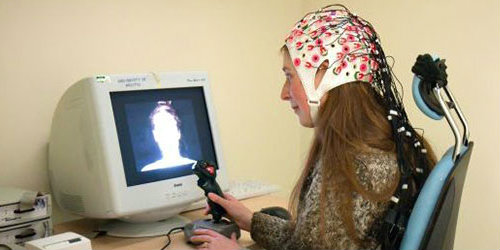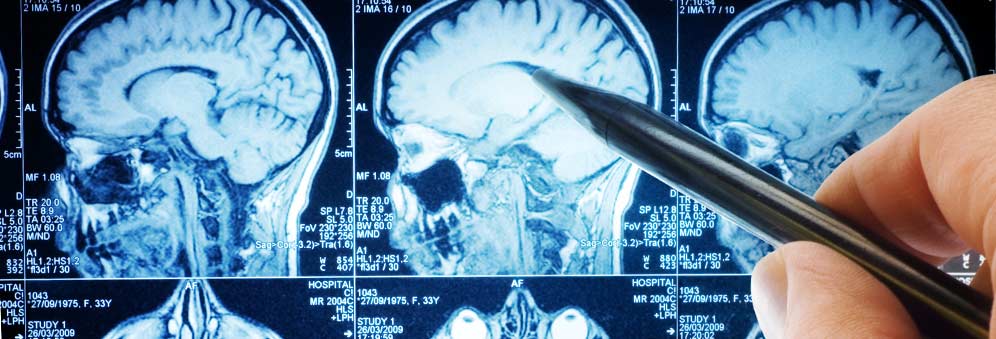Transforming public understanding of the brain
Professor Hood’s BBC series ‘Meet your brain’ proved such a success that the British Council invited him to repeat his lectures in Japan, China, South Korea and Singapore.
It’s the most vital organ in the human body, processing countless pieces of information, storing and losing yet more, enabling or disabling our decision-making powers, and contending with an overwhelming amount of incoming and outgoing signals.
But how exactly does the brain work, and does it control us or do we control it?
These are some of the questions that preoccupy renowned experimental psychologist Professor Bruce Hood, who has helped millions of people worldwide contemplate the answers.
Bringing science to life
The author of several popular science books which attempt to decode the mind-brain conundrum, Professor Hood was invited to deliver the 2011 Royal Institution Christmas lectures - following in the footsteps of eminent scientists including Carl Sagan and David Attenborough.
Professor Hood’s series, titled ‘Meet your brain’, was first broadcast by the BBC and watched by 4 million viewers. The lectures proved such a success that the British Council invited Professor Hood to repeat them in Japan, Beijing, Seoul, Qingdao, Guangzhou and Singapore.
By 2013, over 7 million people had been exposed to the science behind the structure and functions of the brain, the complexities of executive control and inhibitory control and social brain mechanisms.
Making sense of the mind
“Inside each and every one of us is the most marvellous structure in the known universe - the human brain. Our brain makes us who we are and yet the way it works has been a mystery for much of human civilization. We all know that we think but not how we think. Deep inside every brain is a vast hidden world of complexity that defies description. Yet science has made important discoveries in recent years that begin to uncover the workings of this remarkable organ.” Professor Hood, School of Experimental Psychology
The research underpinning the lectures draws on the work of the University’s Cognitive Development Centre.
Lasting impact
In 2012, an audience of nine to 14 year olds participated in a live version of the lectures. The children – 42 boys and 64 girls – were quizzed before the lectures, immediately afterwards, two weeks later and again two months later. Overall retention of knowledge was 73 per cent at two months.
Not only did the children retain more information thanks to the lectures, they were also inspired to share that knowledge with others. Immediately after the lecture, 61 per cent said they had discussed their experience with others, which rose to 82 per cent after two months.
These results led to the creation of the Brain Bank, an online learning resource which gives teachers access to downloadable activities, demonstrations, videos, and presentations used for the lectures, all tied to Key Stage objectives. Since its launch in 2013 the Brain Bank, which has been endorsed by the Royal Society of Biology and the Royal Institution, has had 92,000 hits.
Related research centres
Related publications
 Study Experimental Psychology
Study Experimental Psychology
Contribute to hypothesis-driven research into fundamental psychologial questions.
